Birth of the Mother by Joseph Fernandez
“…WHEREAS, THE WOMEN of United States are to be commended and supported in their organizations and activities…”
–Joint Resolution of Congress, 1971
Designating August 26 of each year as Women’s Equality Day
I am a witness.
I have seen the power of woman. It is a primal power. It is the ultimate exercise in mindful somatic harmony. It is the endurance of a nearly insurmountable pain. It is the expression of intuitive ancient wisdom. It is the shared empathy and support of the communal.
I am a witness.
I have had the great privilege of participating in my daughter’s birth. My daughter, Luka, was born at home, in our small one-bedroom apartment, under the guidance of several midwives. My wife labored for 14 hours without the aid of any pharmaceuticals or sophisticated medical technology. During her labor, I helped my wife as best I could: sharing words of comfort, physically supporting her in numerous birthing positions, ensuring that her glass of water was never empty, nor ever far from hand. Yet, I am a witness.
Despite my active participation and my unwavering presence, a process unfolded before my eyes – a phenomenon beyond the reach of my participation, yet rich with insight.
The event of birth is singular and momentous. It marks the point of entry for a new life into this world and it is an essential characteristic among all humans. We track our time on this world as a function of birth days, while some even subscribe to a psychology of personality based on the position of the planets and stars at our time of birth. These truths are well known to the masses.
The lesser-known aspect of birth, the phenomenon for which I give testimony, invokes a profound respect for womankind. The process of birth is the struggle of creating the most primal identity: the mother. It is the coalescence of a community founded on the pillars of intuitive wisdom and a well-nigh unbearable pain.
Struggle begets growth. The 40-week gestational period is no walk in the park. The hardships endured during this time are the necessary conditions for growing a new life. Pregnancy, however, pales in comparison to birth and delivery. If it were possible to take the difficulties of gestation and compact them into a singular moment, that instant of pain would only be one of the many moments of intense effort experienced during labor. These are the necessary conditions for the growth into motherhood.
There is a certain sense of urgency I feel as I write this testimony. While the event of birth seems relatively safe from extinction, the process of birth is being slowly diluted. Fortunately, Huxley’s Brave New World of test tube-cultivated babies is not imminent. However, the modern process of mass-produced birth (a hospital birth attended by a surgically trained doctor that utilizes the cutting edge in pharmaceutical and observational technologies with an increasing preference for surgically removing the baby, all for the purpose of efficiently minimizing risk and maximizing viability) is thriving. So, while the womb is still the sacred house for the growth of new life, the mother is all but cut out of the process.

The removal of the mother’s active participation in and experience of the process both diminishes her power to create her identity and to find community. A vicious cycle of pharmaceuticals prevents the mother from establishing harmony with her body. One type of drug is used to increase the rate and strength of contraction, artificially throttling the engine of birth. This acceleration increases the intensity of pain, prompting the use of a body-numbing narcotic. This narcotic, in turn, reduces the mother’s ability to feel the urge to push, effectively slowing the engine down. The cycle of drug and counterdrug replaces the somatic attunement the mother can achieve through meditative focus and controlled breathing.
The role of the midwife and the postpartum doula are critical. The midwife, often experienced in birth herself, provides direct knowledge of the physical experiences to be endured, as well as a deep empathy for the whirlwind of emotions to be felt in labor. In the natural birth process, there is a point that many mothers reach, in which the pain forces her to surrender to the belief that she can no longer continue. The midwife, armed with the certainty that the mother can and will continue, guides her through this near breaking point. Her empathy makes what feels to be a physically impossible task feasible.
If struggle begets growth, then recovery reinforces it. The postpartum doula provides the support necessary for the recovering mother. She aids the mother in her first responsibility and bonding experience – breastfeeding. In addition, she shares wisdom about the recovery process and the transition into motherhood. Her advice ranges from the simple techniques of changing a dirty diaper to the artful navigation through the emotional trials caused by hormonal readjustment.
I recognize the wondrous achievements of modern technology. I do not advocate the abolition of science or technology, for in many high-risk cases, the sort of medical advancements that I have cited are precisely what is needed. However, when a mother who desires not to have pain medication is shamed by the nurse saying, “WHY? You don’t get a medal for that!”, it is clear that something is wrong. Rather than receiving support, the mother is bullied into sacrificing a fundamental experience.
Equality, in any context, exists as a balance between two aspects. On the one hand, unity and the uniform operate as the functional or structural support of equality. For what is equality, but a similarity derived through uniformity? On the other hand, identity gives equality substance by acting as the matter to fill the relation. When distinct identity is lacking in an equality, the relation is trivial. Hegemonic uniformity renders the wealth of life hollow. The overemphasis of uniformity is destroying the role of mothers, midwives and doulas in the natural birth process.
So, in the name of Women’s Equality Day, and the aforementioned commitment made by Congress in 1971, I commend and support the natural birth process, as well as the mothers and midwives who champion its existence and persistence. This process must be preserved and nurtured, if women are to retain an essential component of their identity. If the response to a failed patriarchal society is one of the matriarch, then there can be few things more important than a return to the natural process of birth.
It is the event of birth that connects all of humankind, but it is the process of birth that gives humankind vivacity. There are few people more important in our lives than our mothers and there are few emotions deeper than a mother’s love. I am a witness.
*******
Soak up more powerful essays in SN7: Women’s Day – available on Amazon!

